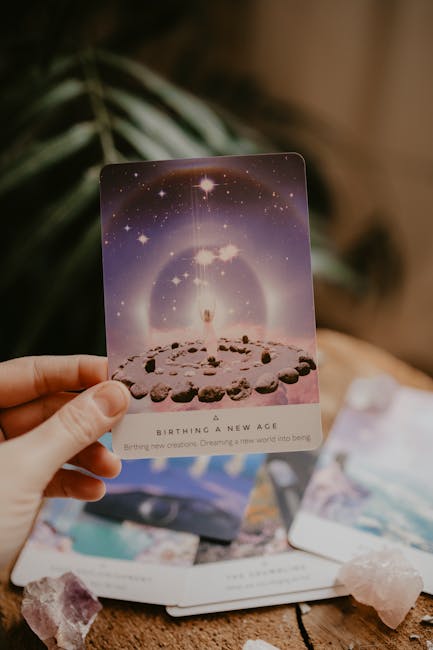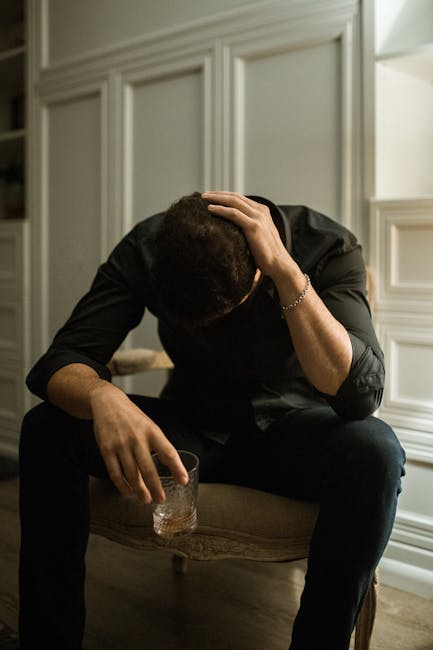—
I’m not impartial because I’m not immune to the horrors inflicted by guns
by
N. Adam Brown, MD, MBA, Contributing Writer, MedPage Today
May 31, 2025 • 5 min read
-
![author['full_name']](https://www.newsh2o.com/wp-content/uploads/2025/06/localimages/Brown_330px.png) - Advertisement -
- Advertisement -N. Adam Brown is a practicing emergency physician, entrepreneur, and healthcare executive. He is the founder of ABIG Health, a healthcare growth strategy firm, and a professor at the University of North Carolina’s Kenan-Flagler Business School. Follow
I was recently called to jury duty in Washington, D.C.
I had no idea what to expect since, in our nation’s capital, jury duty could mean sitting in judgment on cases ranging from petty theft to those involving high-profile political figures and federal law.
There is something sobering about being summoned by one’s government — not to give medical testimony or offer expert advice, but simply to serve as a citizen. And so, I reported to the courthouse on a rainy morning in May, ready for whatever was ahead. I sat among 53 other prospective jurors in a large, quiet courtroom with wood-paneled walls, tall ceilings, and fluorescent lighting. It looked more like something from a YouTube court video than Judge Judy’s courtroom on Court TV. I was Juror 11. The attorneys and judge would eventually choose 14 of us to sit on the case — 12 jurors and two alternates.
It did not take long to understand the gravity of our potential assignment. The case involved a man charged with illegal firearm possession in a neighborhood just a few miles from my home. Though the charge seemed straightforward, the weight of the responsibility hit me. We were not simply reviewing abstract facts; we were to render a decision that could change someone’s life. We were, after all, to be a jury of “peers.” That means we were to stand in judgment of another member of our community.
The room was filled with a diverse collection of Washingtonians — men and women of all races, ages, and apparent backgrounds. Some wore suits, others jeans and hoodies. I caught myself wondering about the people around me: Who are they outside this courtroom? What do they do for work? What are their families like? What life experiences were they bringing into this room, silently tucked behind calm expressions and folded hands?
The judge distributed a questionnaire, a standard part of voir dire, the juror vetting process. It included all the expected questions: Have you been convicted of a crime? Do you know the attorneys or the defendant?
But then came Question 9: “Do you have any life experiences that would make it difficult to be unbiased in this case?”
I stared at the question. Of course, I had experiences that would make it difficult to be unbiased. I am an emergency department (ED) doctor. I have seen the effects of guns on our society firsthand, and far too much.
Gunshot wounds. Lifeless bodies. Blood-soaked gurneys. I remembered the child whose mother screamed as we called the time of death. The teenager, whose friends waited outside the trauma bay, only to collapse when they heard their friend did not make it. The man who told me, “If you don’t treat me with respect, I’ll shoot you and your nurses.”
And, yes, he meant what he said. He had a gun on him.
I’ve been an emergency physician for over 20 years, and I started working in EDs when I was 19 as a tech and nursing assistant. Gun violence is not an abstraction for me. It is not an occasional event. It has been woven into the fabric of my career — and into my psyche. The same rings true for many of my colleagues.
So I marked “yes” on Question 9.
Soon after, the judge began calling jurors up individually for private interviews. One-by-one, we were called into “the well” of the court. For our interviews, we were given headphones with a microphone while all the other jurors had loud white noise playing overhead. Only the attorneys, judge, and the juror being interviewed could hear. The rest of us could see lips moving, heads nodding, facial grimaces, and, frequently, jurors being dismissed. I was next in line.
“Juror number 11.”
When my number was called, I put on my headphones, walked up to the well, and positioned myself in front of the microphone to address the judge’s questions with a mix of apprehension and curiosity.
The judge’s first question was simple: “Why do you believe you would have difficulty being unbiased in this case?”
I took a breath. My heart was racing, face flushed. And I answered as honestly as I could: “I’m an emergency physician. I’ve seen more gunshot wounds than I can count. I’ve treated children riddled with bullets. I’ve placed chest tubes in teenagers, and I’ve watched patients die — too many to name. I’ve even been threatened with gun violence myself.” I paused. “It’s hard for me to separate my experiences from the facts of this case.”
The judge acknowledged that all of us carry life experience. “But if instructed to consider only the evidence,” he asked, “could you render a verdict of guilty or not guilty?”
I wanted to say yes. I did say yes.
But walking back to my seat, I questioned whether that “yes” was aspirational — or real. Could I really cast aside all the damage that someone with a gun, particularly one that was obtained and held illegally, could do?
The judge thought I could. He dismissed 10 potential jurors, but I remained.
After a 2-hour lunch break, the remaining jurors marched back into court. The judge needed to confer with the attorneys to complete jury selection. With the loud white noise playing, we sat and waited. After about 30 minutes of the judge conferring with lawyers, I was dismissed.
I felt relieved but unsettled. Serving as a potential juror forced me to confront a question, I had not expected to ask myself: Am I too close to the trauma of our society to be a fair and impartial judge of it?
As clinicians, we pride ourselves on neutrality. We treat everyone, regardless of who they are, what they believe, or what they have done. I have cared for patients who hurled slurs at me. I have stitched up people who threatened my team. That is what we do. But jury duty is different. It is not about healing. It is about making a judgement.
And when it comes to making judgments about public policy and what is right or wrong in our society, I will not leave my experiences aside.
Question 9 haunts me. We in emergency medicine often pride ourselves on resilience. But our work embeds itself in us. It shapes how we practice medicine — how we participate in society. And it should.
I am not impartial because I am not immune to the horror that guns inflict. That may (or may not) have gotten me dismissed from a jury, but I will not apologize for letting it affect how I think about public policy and how I advocate for change.



